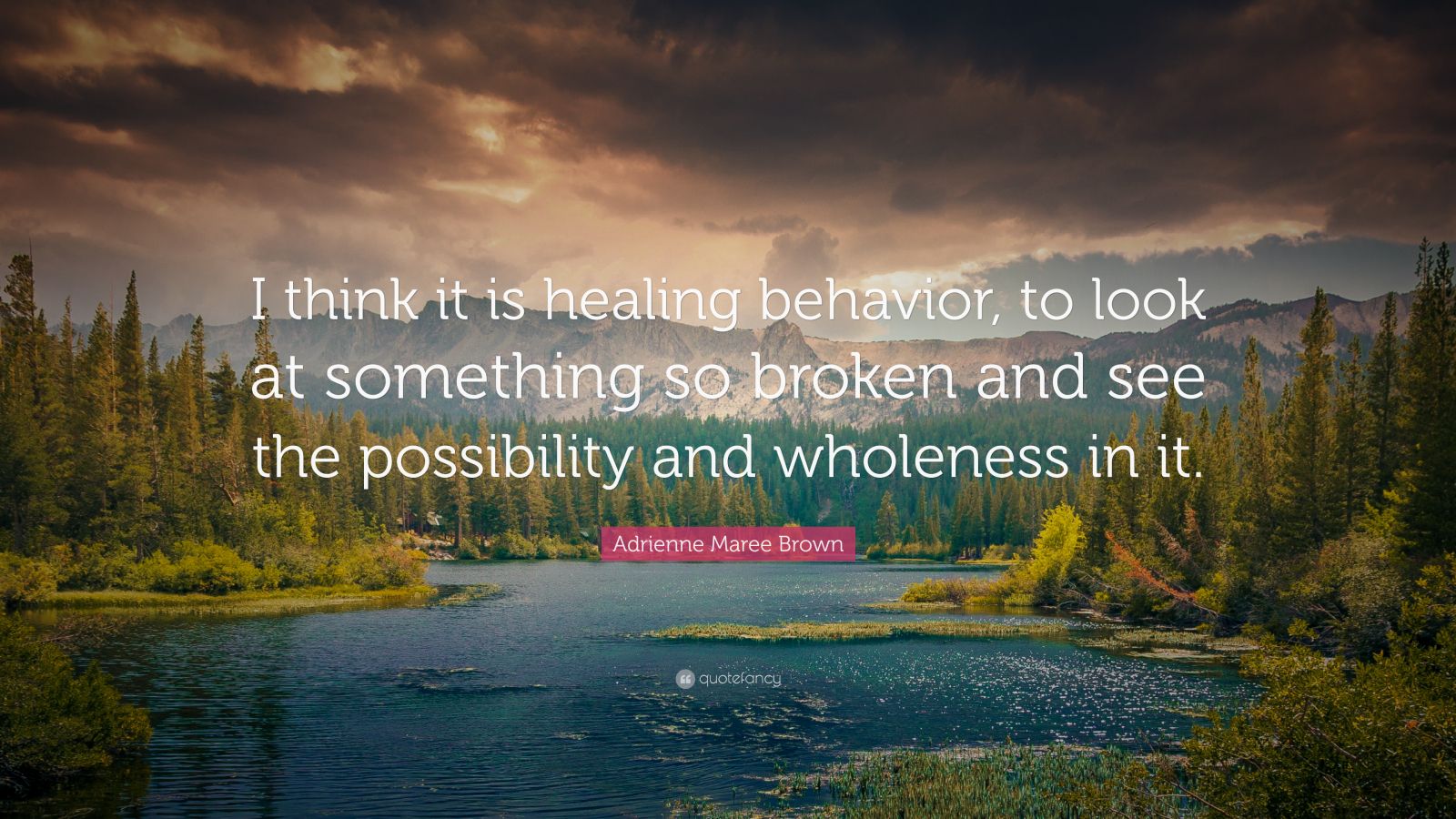

This is how we learn.” We learn along the way what works best for us in the context of our lifestyles, personalities, spiritual values, and family lives. That includes constructive criticism, it is part of the feedback loop-experiment, gather feedback, experiment again. As brown writes, “In a nonlinear process, everything is part of the learning, every step. However, for most, these changes happen in cycles and iterations. Whether it’s “getting over” a loss, improving our mood, or seeking a better version of ourselves, many of us feel pressured to meet our goals linearly, marking our successes as we go. However, what follows is oftentimes much less neat and tidy. After that, we meet regularly with the therapist to create a collaborative alliance and work through our treatment plan. Next, we create a treatment plan that outlines our goals, what we will do to meet them, and how we will know when they have been met.

We complete an intake interview sharing our current struggles, our family histories, our values, and our hopes for our time in therapy. We locate a therapist who appears to be a good match. The beginning of the therapeutic journey probably looks similar for all of us. In this post, I will address her chapter titled “nonlinear and iterative: the pace and pathways of change” and consider how it informs my understanding of therapeutic change. Emergent strategy is how we internally change in ways that grow our capacity to embed the just and liberated world we long for.” I have revisited this book many times over the past year and reflected on how I can practice what I learned in my personal and professional life. She defines this emergent strategy as “ways for humans to practice being in relationship to our home and each other, to practice complexity, and grow a compelling future together though relatively simple interaction.

In it, brown draws from the writings of Octavia Butler, observations of the natural world, poetry, and more to create a model that allows us to align ourselves with the constant changes in the world in a transformative way.

Last year, I was asked to read adrienne maree brown’s Emergent Strategy.


 0 kommentar(er)
0 kommentar(er)
